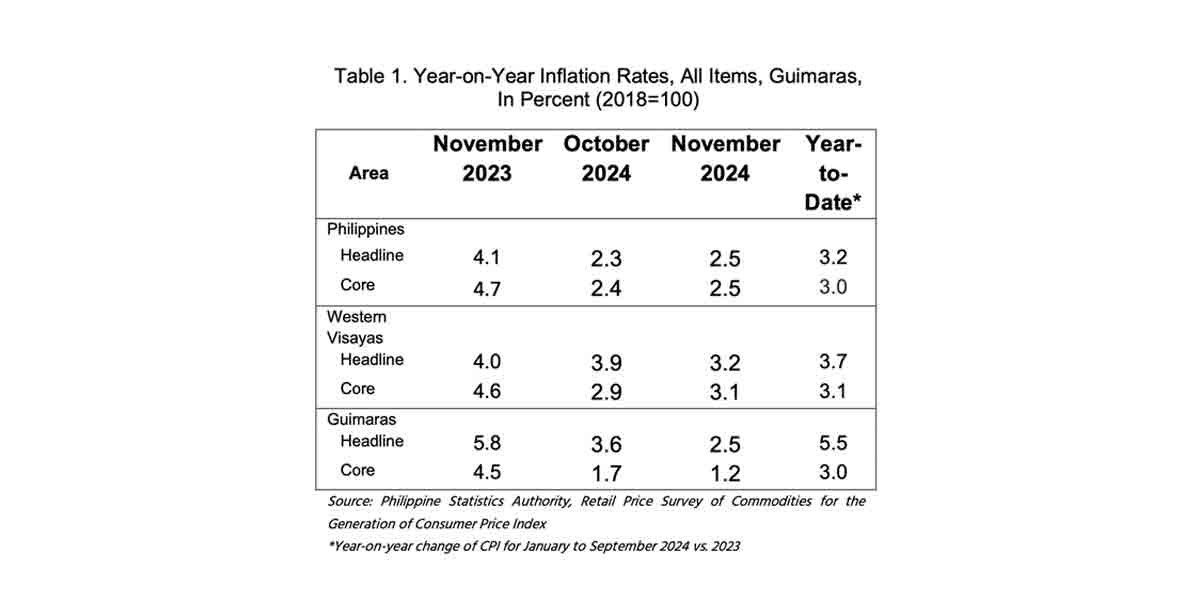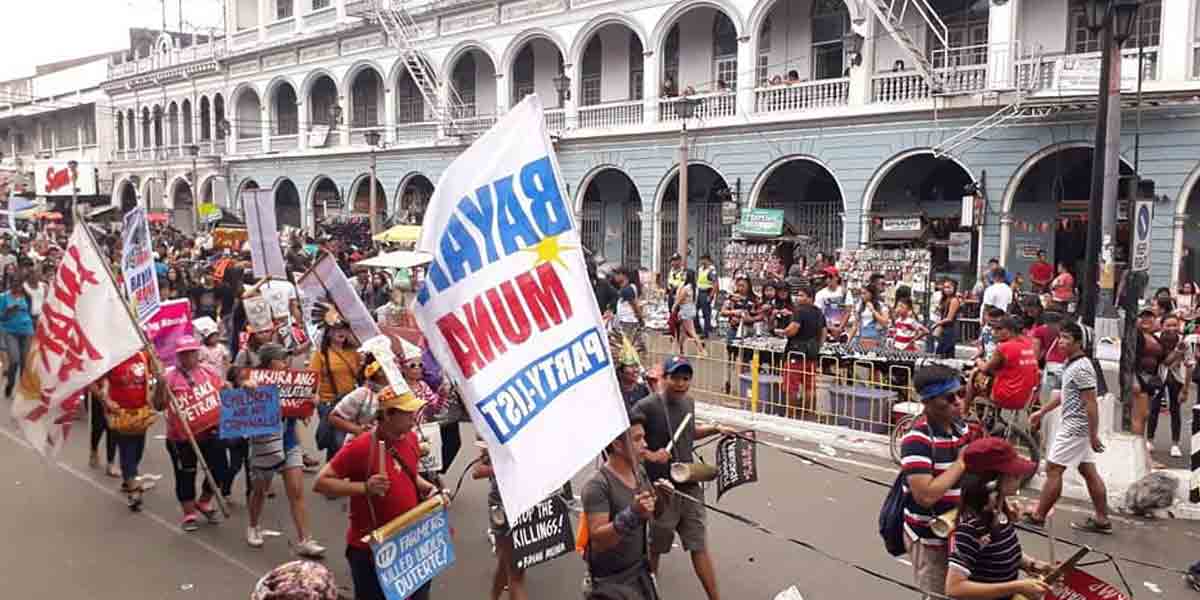 By Alex P. Vidal
By Alex P. Vidal
“I would curse people who resort to coups against democracy, liberty, republic.”—Fethullah Gulen
WE used to admire her for being a symbol of bravery and for championing democracy in her country.
Not anymore when her name was attached to genocide and when she decided to “sleep with the enemy.”
At 75, Aung San Suu Kyi should now be a retired politician and “enjoying the fruits of her labor” as an iconic political figure in Asia, one of the only two democratic women leaders in Southeast Asia along with the late former Philippine President Corazon C. Aquino, to secure a hallowed place in history.
But Ms Suu Kyi, Myanmar’s deposed de facto leader, is now in danger of spending the rest of her life in jail if the situation in this Southeast Asian nation of more than 100 ethnic groups, will not be reversed.
Myanmar’s military had seized power after detaining Ms Suu Kyi and other democratically elected leaders even as troops patrolling the streets and a night-time curfew was in force, with a one-year state of emergency declared.
The army has alleged the recent landslide election win by Ms Suu Kyi’s party was marred by fraud. Meanwhile, she has urged supporters to “protest against the coup”.
-o0o-
Also known as Burma, Myanmar was ruled by the armed forces from 1962 until 2011, when a new government began ushering in a return to civilian rule.
This was after Aung San Suu Kyi “made a mistake of sleeping with the enemy” or when she decided to share the leadership of Myanmar with the military.
The army’s TV station said power had been handed over to commander-in-chief Min Aung Hlaing in the early hours of Monday.
Ms Suu Kyi, President Win Myint and other leaders of the National League for Democracy (NLD) were arrested in a series of raids.
It was not clear where they were being held but no major violence has been reported.
International reports said Myanmar soldiers blocked roads in the capital, Nay Pyi Taw, and the main city, Yangon even as international and domestic TV channels, including the state broadcaster, went off air. Internet and phone services were disrupted as banks said had been reportedly forced to close.
Later, the military announced that 24 ministers and deputies had been removed, and 11 replacements had been named, including in finance, health, the interior and foreign affairs.
Ms Suu Kyi came to power as the de facto head of Buddhist-majority Myanmar’s civilian administration in 2016.
She had since faced international pressure, including from Amnesty International (AI), to condemn the army’s alleged brutality against the Rohingya.
However she had refused to do so.
-o0o-
AI stripped Suu Kyi of its highest honor, the Ambassador of Conscience Award, in 2018.
The politician and Nobel peace prize winner received the honor in 2009, when she was living under house arrest.
The rights group said “it was profoundly dismayed at her failure to speak out for the Rohingya minority, some 700,000 of whom have fled a military crackdown.”
“We are profoundly dismayed that you no longer represent a symbol of hope, courage, and the undying defense of human rights,” Amnesty’s Secretary General Kumi Naidoo wrote in a letter to the Myanmar leader when AI stripped the honor.
“(Her) denial of the gravity and scale of the atrocities (against the Rohingya) means there is little prospect of the situation improving.”
The organization, which once feted her as a beacon for democracy, announced its decision on the eighth anniversary of Ms Suu Kyi’s release from house arrest.
Her unswerving pursuit of democracy for Myanmar in the face of a brutal military dictatorship brought her nearly 15 years of house arrest. It also spurred a succession of governments, cities and human rights groups around the world to bestow their honors upon her.
As far back as 1989, AI declared Ms Suu Kyi a “prisoner of conscience” and 20 years later awarded her its most prestigious award which previously given to South Africa’s Nelson Mandela.
(The author, who is now based in New York City, used to be the editor of two local dailies in Iloilo)

























